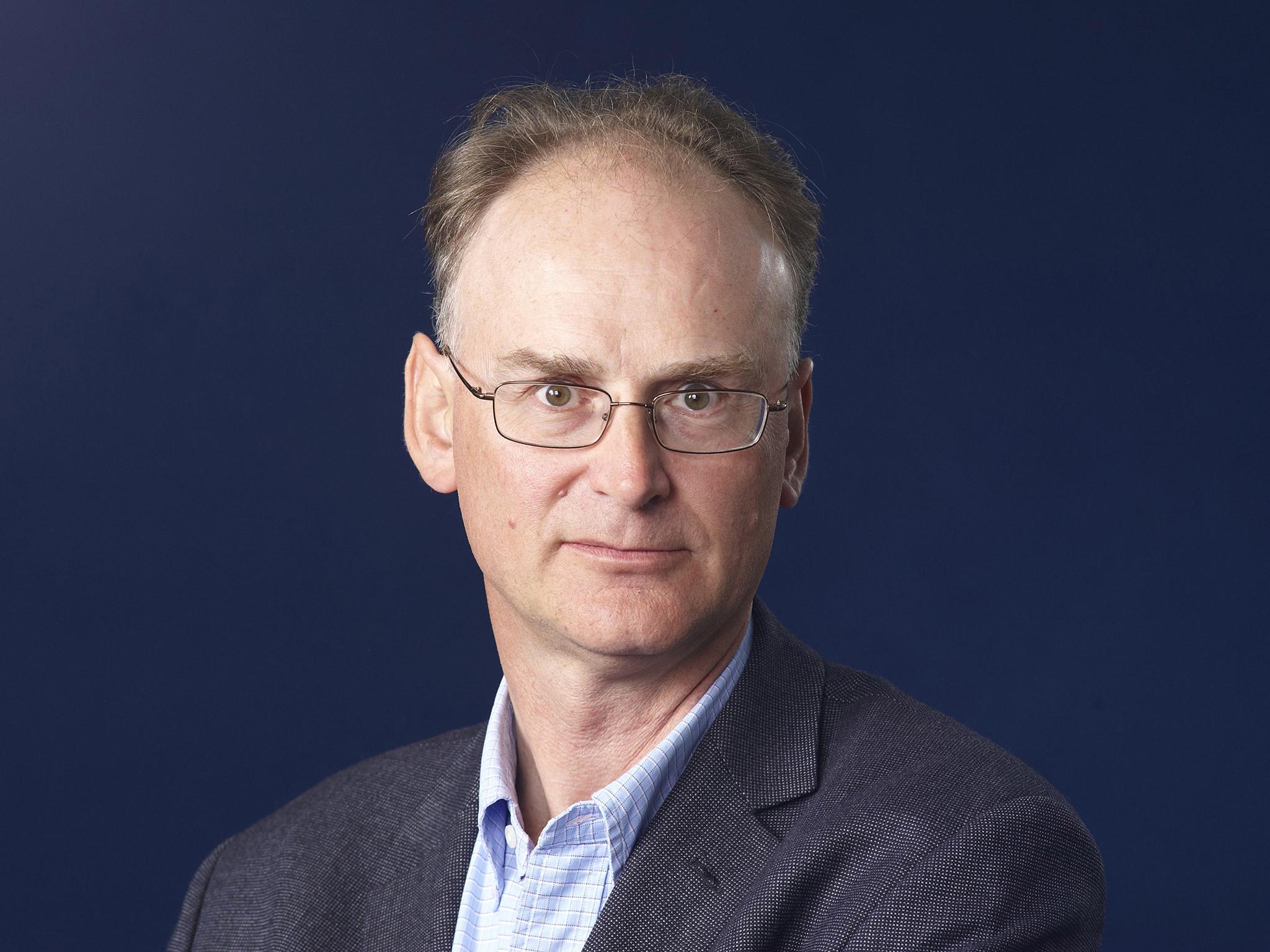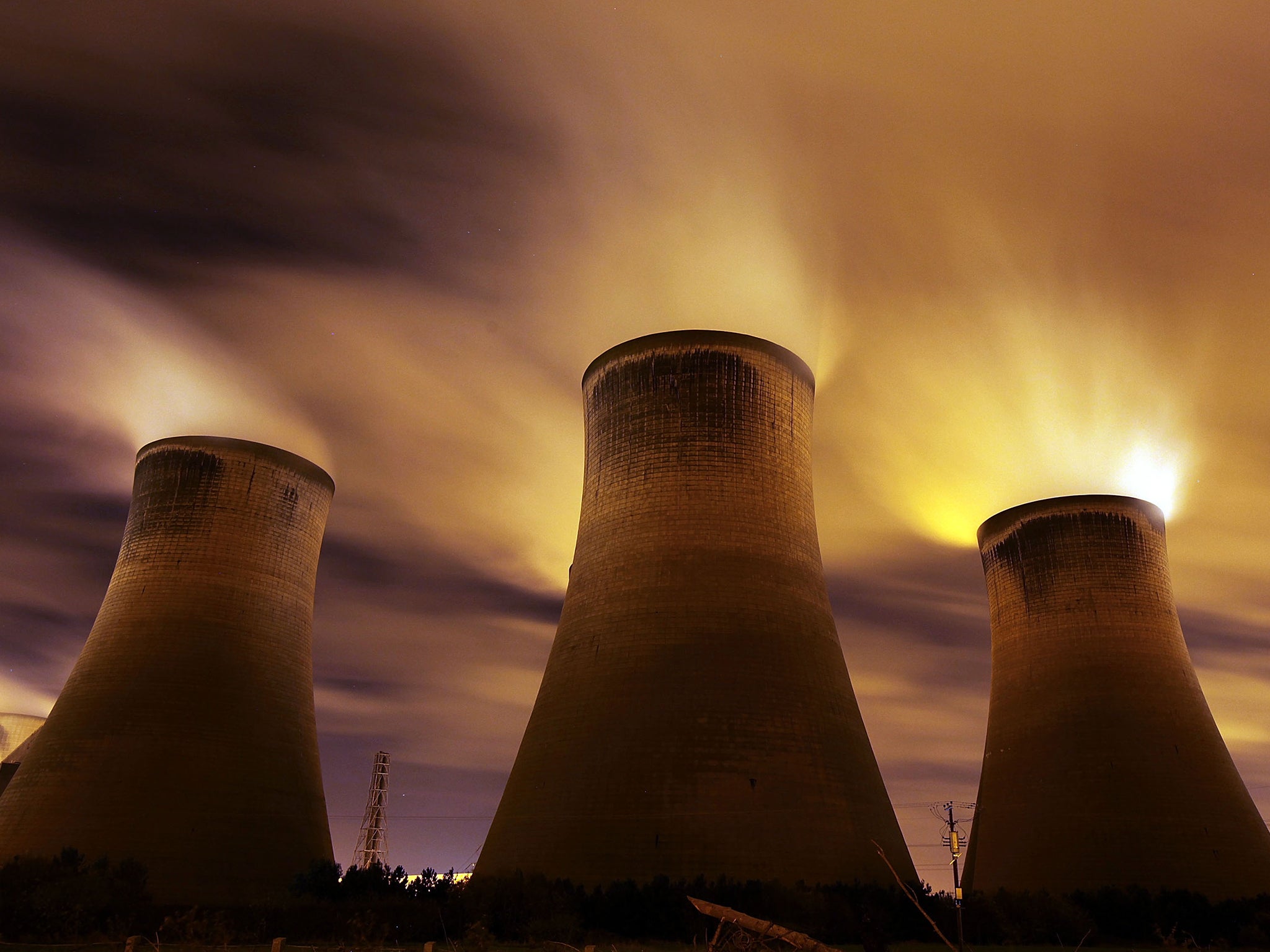Lord Ridley: Prominent climate change sceptic backs calls to fast-track new green technology
It is a highly unusual show of unity between opposing sides of the debate

Your support helps us to tell the story
From reproductive rights to climate change to Big Tech, The Independent is on the ground when the story is developing. Whether it's investigating the financials of Elon Musk's pro-Trump PAC or producing our latest documentary, 'The A Word', which shines a light on the American women fighting for reproductive rights, we know how important it is to parse out the facts from the messaging.
At such a critical moment in US history, we need reporters on the ground. Your donation allows us to keep sending journalists to speak to both sides of the story.
The Independent is trusted by Americans across the entire political spectrum. And unlike many other quality news outlets, we choose not to lock Americans out of our reporting and analysis with paywalls. We believe quality journalism should be available to everyone, paid for by those who can afford it.
Your support makes all the difference.One of Britain’s best known climate sceptics, Lord Ridley, has teamed up with a prominent environment campaigner to force fossil fuel companies to fast-track a new technology to capture CO2 emissions from the air and pump them underground.
In a highly unusual show of unity between opposing sides of the climate-change debate, Lord Ridley and Baroness Worthington are pushing for a new law demanding that oil, gas and coal producers greatly increase their efforts to develop effective carbon capture and storage (CCS) technology, after making little progress over the past decade.
Lord Ridley, whose family has mined coal on its Northumberland estate for centuries, is a self-styled “climate lukewarmer”, believing that global warming is only happening slowly and poses no significant threat to the planet. By contrast, Baroness Worthington is a renewable electricity campaigner and Labour’s shadow energy and climate change minister in the House of Lords.

But they strongly agree that advancing fledgling CCS technology so that it can be employed efficiently on an industrial scale is essential if the UK is to have any chance of meeting its legally-binding targets to reduce carbon emissions. Both have thrown their weight behind an amendment to the Energy Bill proposed in the House of Lords last week by Lord Oxburgh.
This would force producers and importers of fossil fuels to capture a portion of the CO2 generated when they are burnt and pipe it underground – with depleted North Sea oil fields making ideal storage facilities, the amendment argues.
And if the fossil fuel companies cannot capture and store the carbon – initially a very small portion that will rise over time – they must pay somebody else to do it, Lord Oxburgh said.
“To their astonishment and probably horror, I would like to support the amendment. It has enormous merits and is a good suggestion,” Lord Ridley said in the debate, adding: “They should not worry because I will disagree with them on things towards the end of my comments.” And he did.
For Baroness Worthington, CCS technology is essential to curbing the carbon emissions that she believes are rapidly pushing global warming to unmanageable levels, while for Lord Ridley they are a way to keep on burning fossil fuels without breaching Britain’s green targets.
Arguing that rising volumes of atmospheric carbon dioxide have pushed up the volume of plants and crops, he said: “Fossil fuels do not have anything to be ashamed of, and have much to be proud of. If CCS is the price we have to pay to keep using them, let us use it.”
Successive governments have pushed CCS technology but it is still so expensive that companies have been loath to build the infrastructure.
Lord Oxburgh said the amendment is necessary since the current system of charging companies for their carbon emissions has failed because the price is far too low. It would also allocate responsibility for solving the problem to companies for the first time.
The amendment, which is based on research from Professor Myles Allen of Oxford University and Professor Stuart Haszeldine from Edinburgh University, will not require power companies to dispose of their emissions, although they could indirectly pay for them since the fossil fuel companies are likely to pass some of the cost on to their customers.
A DECC spokesman said: “We have a comprehensive programme of work in place to promote CCS, and globally the UK is independently recognised as having one of the best policy environments for the development of CCS. That’s why companies are investing their own money to establish CCS in in the UK.
Join our commenting forum
Join thought-provoking conversations, follow other Independent readers and see their replies
0Comments